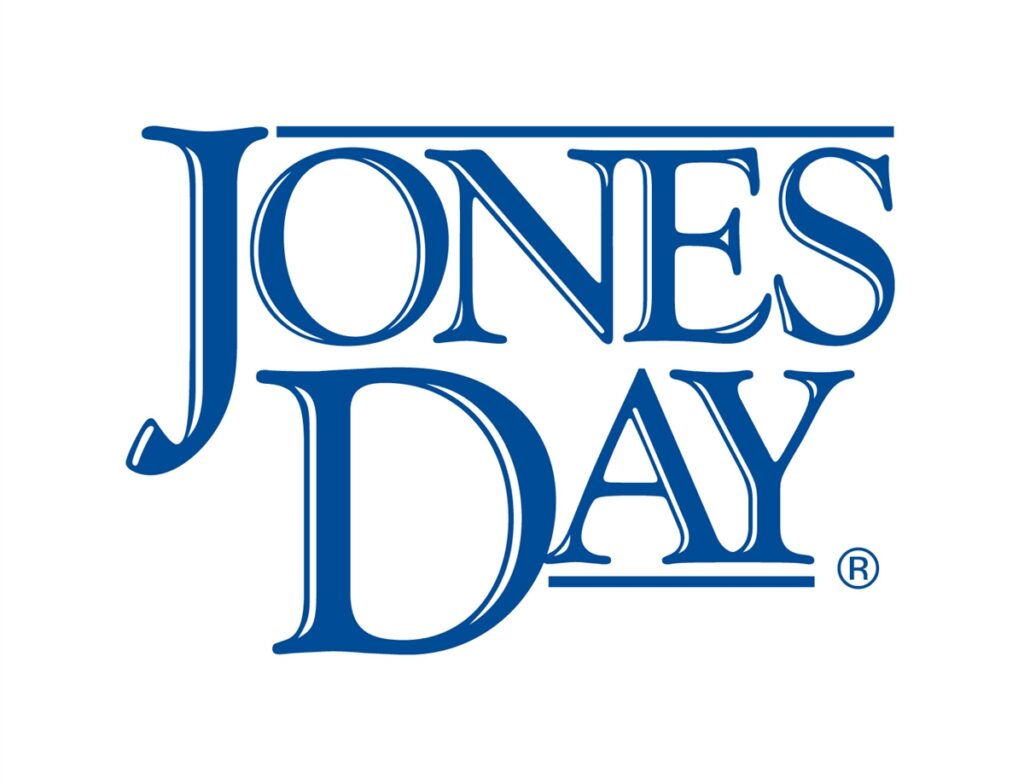“Expert testimony that does not disclose the underlying facts or data on which the opinion is based is entitled to little or no weight.” 37 C.F.R. § 42.65(a). With that principle in mind, the PTAB recently denied institution of inter partes review to Petitioner CUB Elecparts (“CUB”). CUB Elecparts Inc. v. Orange Electronic Co., Ltd., IPR2024-00744, Paper 14 (PTAB Nov. 12, 2024).
The patent facing challenge in CUB Elecparts, U.S. Patent No. 8,031,064 C3 (“the ‘064 patent”), discusses tire pressure monitoring systems (“TPMS”) in automobiles. Id. at 4. The disputed claims disclose a more efficient means of replacing a failed tire pressure monitor and syncing the replacement with the rest of the system. Id. at 5. One of the invention’s critical functions is the storage and transmission of an identification code that allows the TPMS to know which tire is responding. Id. at 18.
CUB alleged in the Petition that storing an identification code in a tire pressure monitor had been previously disclosed in the prior art. Id. at 19–20. In support of its allegation that the cited prior art’s “manufacturing codes” were substantially equivalent to the ‘064 patent’s “identification,” CUB only offered the testimony of an expert witness. Id. at 24–25. The Board concluded, however, that the expert’s reasoning “is flawed in that it relies on a mischaracterization” of the prior art. Id. Without sufficient basis in the prior art, the Board gave little weight to the expert’s naked testimony that “the two patents were written by two different patent attorneys at two different law firms” and that, despite the terminology variance, the two patents accomplished the same ends. Id. at 25. The same expert later testified that “checking” a code has been written correctly is the same as “judging” that the written identification matches the identification of the replaced tire pressure monitor, again without specific support in the prior art. Id. at 30–32. The Board likewise discounted this later testimony. Id.
In the Petition, CUB emphasized that a counterpart to the ‘064 patent had recently been invalidated in Taiwan. Id. at 35. Arguing that the disputed claims of the ‘064 patent correspond to the invalidated claims in Taiwan, CUB “respectfully submitted that the invalidation . . . should be considered in this IPR request.” Id. The Board noted that, by statute, “challenges to claims in an inter partes review are limited to ‘prior art consisting of patents or printed publications’” and that CUB failed to provide any reasoning why a “determination by a foreign patent office would impact our analysis” of those grounds. Id. at 35–36 (citing 35 U.S.C. § 311(b)).
Having found the expert’s testimony unsupported and the foreign proceeding irrelevant, the Board concluded CUB was unlikely to prevail on any disputed claims and denied institution. Id. at 36.
Takeaway: Expert testimony alone, in the absence of a precisely cited analog in the prior art, is insufficient to establish that a claim element has been previously disclosed. Parties also should not rely on proceedings in foreign patent offices to persuade the PTAB that it should institute inter partes review proceedings in the U.S.
